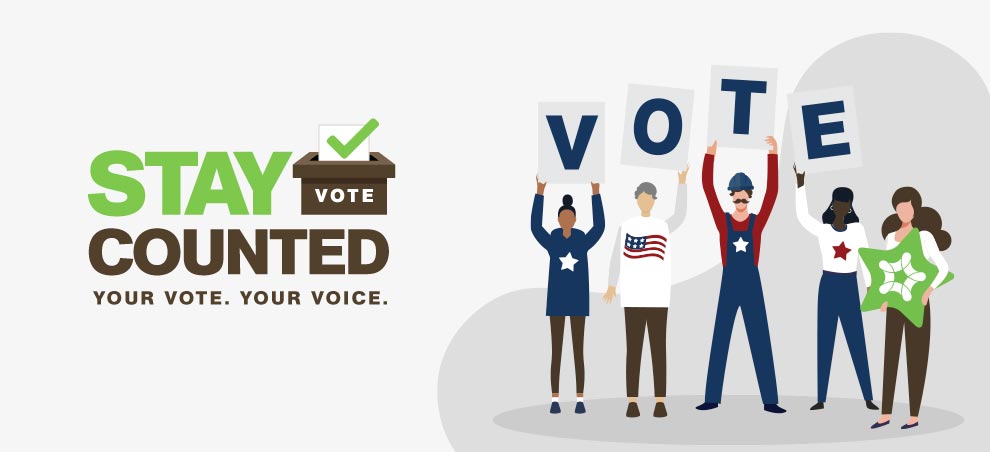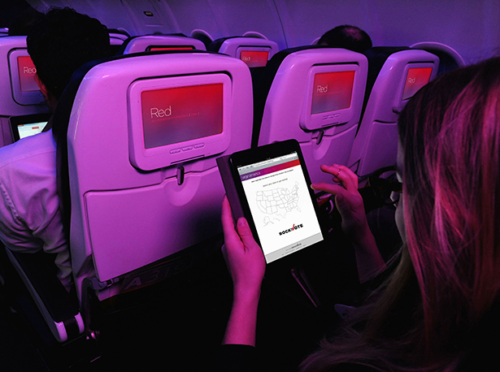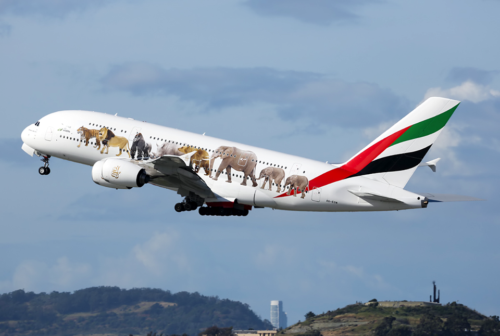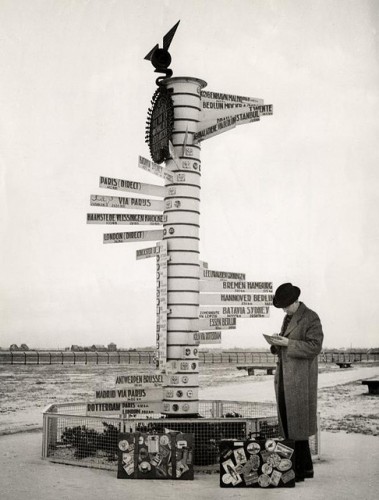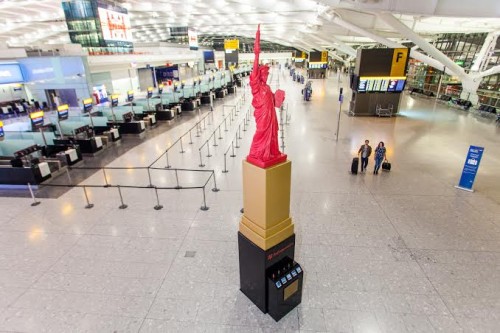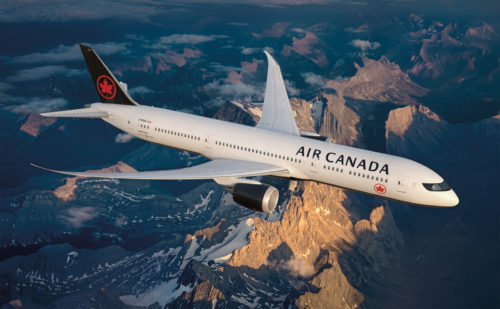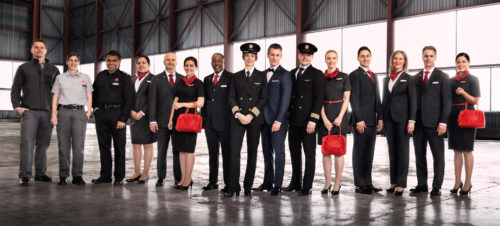
[This is a slightly different version of a story we wrote for NBC News]
Are you feeling better about traveling somewhere?
Since March 2020, COVID-19 and government-mandated border closings have triggered $443 billion in cumulative losses for the U.S. travel economy, according to the U.S. Travel Association.
Spikes in COVID-19 cases have many grounded travelers worried that the country may go into lockdown mode. But others are buoyed by the fact that President-elect Joe Biden has named a coronavirus task force. And by the promising news from Pfizer about progress made on a COVID-19 vaccine.
Theresa Kauffman of Fort Worth, Texas is anxious to travel to see her parents and her mother-in-law. “You know how when you’re sick and get diagnosed by a doctor and you feel relieved to have a plan? That’s how this feels for travel,” said Kauffman. With the vaccine news, “It feels like we can start to hope again.”
Hospitality industry groups are encouraged by the president-elect’s support of science-based coronavirus-fighting strategies. And by his plan for a coordinated government COVID-19 response for a path to economic reopening and the return of international travel.
The U.S. Travel Association applauds “President-elect Biden’s objective of helping the industries most heavily impacted by the pandemic. The travel industry accounts for more than a third of overall U.S. unemployment, and policies to promote relief, recovery, and stimulus for travel businesses are integral to a U.S. economic turnaround.”
Gregory Miller, Executive Director of the Center for Responsible Travel, expects that a national mask mandate will be implemented.
“This would reduce COVID virus transmission considerably and likely increase the prospects for us to return sooner to traveling by air and public transportation with more safety and confidence,” Miller said.
And Airports Council International – North America (ACI-NA) is looking forward to working with the President-elect on an infrastructure investment package.
“The entire travel industry is still suffering from the abrupt, sustained drop in tourism and business travel, and airports need help to get through this prolonged downturn.” said Kevin Burke, ACI-NA’s President and CEO.
A pent-up desire to travel
Due to the global pandemic, there is a great deal of pent up demand for travel.
In a pre-election survey of clients by the Virtuoso luxury travel network, 72 percent said they were ready to travel. 92 percent said that the election made them want to travel.
“We’re already seeing evidence of that confidence coming back with people booking stays for Thanksgiving and the holiday season,” said Virtuoso managing director Misty Belles.
Post-election, it looks like a lot more people are considering traveling.
KAYAK’s Data Dashboard shows that searches hit a 3 month low on election day (Tuesday, November 3), down 62 percent year over year. But in this post-election week, searches are trending upwards. On Monday, November 9, Kayak says searches were up 8 percent week over week and up 21 percent from election day.
And it is not just leisure travelers who are anxious to get back on the road.
The pandemic has forced many college students to forego travel and study experiences abroad, says Linfield University media professor Michael Huntsberger. He says it’s especially hard for seniors, who won’t have another opportunity. “But though COVID-19 has foreclosed these programs for 2020, students are anticipating future opportunities as soon as travel restrictions are lifted, and safety protocols are in place.”
